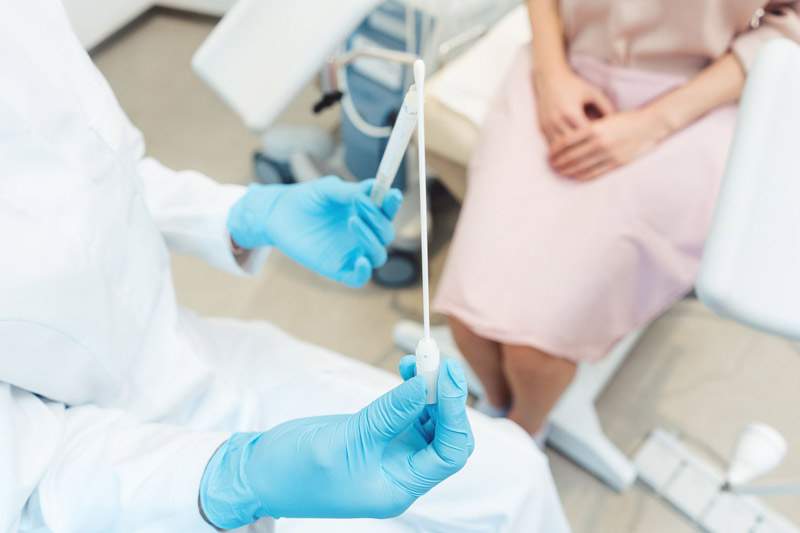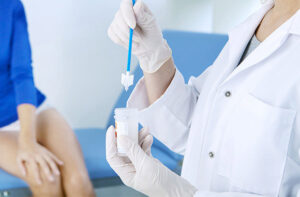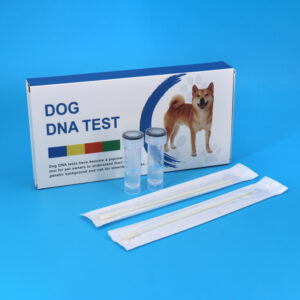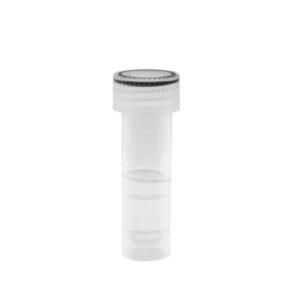Sexually transmitted diseases (STDs) are a common health concern affecting millions of people worldwide. Early detection through STD testing is crucial for effective treatment and preventing the spread of infections. In this blog post, we’ll cover everything you need to know about STD testing, including why it’s important, what to expect, and how often you should get tested.
What Is STD Testing?
STD testing involves medical tests that check for the presence of sexually transmitted infections (STIs), such as chlamydia, gonorrhea, syphilis, HIV, and others. Testing can be done through blood samples, urine samples, swabs, or physical examinations, depending on the type of infection being screened.
Why Is STD Testing Important?
Regular STD testing is essential for several reasons:
- Early Detection: Many STDs show no symptoms in the early stages. Testing ensures infections are caught early.
- Prevention: Knowing your status helps prevent spreading infections to partners.
- Peace of Mind: Regular testing can reduce anxiety around sexual health.
- Protecting Long-Term Health: Untreated STDs can lead to serious health complications, including infertility and organ damage.
Who Should Get Tested for STDs?
Anyone who is sexually active should consider regular STD testing. Testing is especially important if you:
- Have multiple sexual partners
- Start a new relationship
- Don’t always use protection (condoms or dental dams)
- Have symptoms like unusual discharge, sores, or pain
- Are pregnant or planning to become pregnant
How Often Should You Get Tested?
The frequency of STD testing depends on your lifestyle and risk factors. The CDC recommends:
- Annually: For sexually active individuals under 25 or those with new/multiple partners.
- More Often: Every 3-6 months for those with higher risk factors, such as men who have sex with men or people with HIV.
- Before Starting a New Relationship: Both partners should get tested before having unprotected sex.
What To Expect During STD Testing
STD testing is usually quick and straightforward. Here’s what you can expect:
- Confidentiality: Your results and information will be kept private.
- Sample Collection: You may need to give a urine sample, blood sample, or swab.
- Physical Exam: Sometimes, a doctor may perform a physical exam to look for symptoms.
- Results: Results can take a few days to a week, depending on the tests.
Where Can You Get Tested?
You can get tested at:
- Your primary care doctor’s office
- Sexual health clinics or Planned Parenthood
- Community health centers
- At-home STD test kits (for some infections)
What If You Test Positive?
A positive result is not the end of the world. Most STDs are treatable, and many are curable. Your healthcare provider will guide you on treatment and how to inform your partners. Early treatment helps you stay healthy and prevents spreading the infection.




